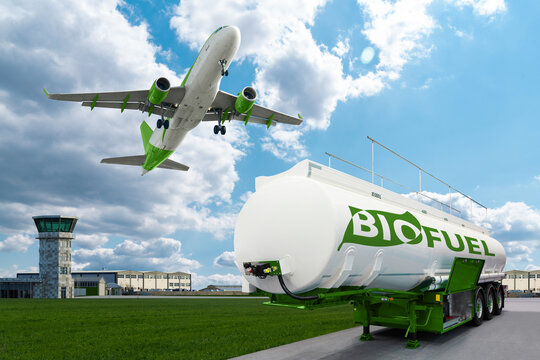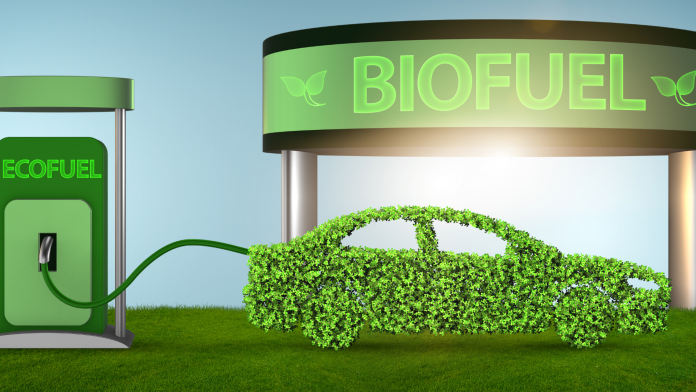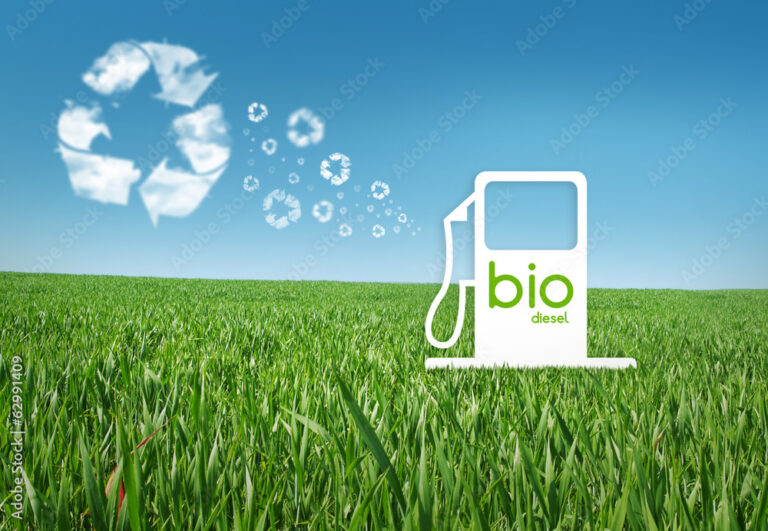Industrial Bio Diesel Fuel A Sustainable Energy Solution

Introduction
Industrial bio diesel fuel, often referred to simply as bio diesel, is a renewable and environmentally friendly alternative to traditional diesel fuel. In this article, we will delve into the world of industrial bio diesel fuel, exploring its composition, production process, environmental benefits, and applications across various industries.
A Milestone Year 2024
The year 2024 is poised to be a significant milestone in the world of industrial bio-diesel fuel. As concerns about environmental sustainability and energy security continue to grow, the industrial bio-diesel sector is experiencing unprecedented growth and innovation. In this article, we’ll dive into the latest developments in the industrial bio-diesel field, focusing on the year 2024.

The Rise of Industrial Bio Diesel Fuel
Bio-diesel is a renewable, environmentally friendly alternative to traditional petroleum-based diesel fuel.It is derived from organic
materials, such as vegetable oils and animal fats, through a process called transesterification. The year 2024 is expected to be a crucial
year for the industrial bio-diesel sector due to several key factors:
Environmental Awareness
Legislative Support
Technological Advancements
Industry Expansion

What is Industrial Bio Diesel Fuel?
The Production Process
The production of industrial bio diesel fuel involves several key steps

- Feedstock Preparation: Organic feedstocks, such as vegetable oils or animal fats, are collected and pre-processed to remove impurities and contaminants.
- Transesterification: The feedstock is mixed with alcohol (methanol or ethanol) and a catalyst. This chemical reaction results in the separation of glycerine and the production of bio diesel.
- Purification: The crude bio diesel is then purified to remove any remaining impurities, water, and excess alcohol.
- Blending: The purified bio diesel can be blended with conventional diesel fuel to create various bio diesel blends.
Environmental Benefits
Industrial bio diesel fuel offers several environmental advantages

Reduced Greenhouse Gas Emissions
Bio diesel produces significantly fewer carbon dioxide emissions compared to traditional diesel fuel. It is considered a “carbon-neutral” fuel source because the carbon dioxide released during combustion is roughly equivalent to the carbon dioxide absorbed by the plants used in the feedstock.

Biodegradability
Bio diesel is biodegradable, which means that in the event of spills or leaks, it poses less harm to the environment than traditional diesel.

Renewable Resource
The feedstocks used to produce bio diesel, such as vegetable oils, can be grown and replenished, making it a sustainable energy source.
Applications in Various Industries
Industrial bio diesel fuel has a wide range of applications, including
Transportation
It can be used as a direct replacement for conventional diesel fuel in diesel engines, from cars and trucks to buses and trains.
Agriculture
Bio diesel is used in farm equipment, providing a more sustainable fuel option for agricultural operations.
Industrial Processes
It is utilized as an energy source in various industrial processes, such as heating and power generation.
Marine and Aviation
Some marine vessels and aircraft use bio diesel to reduce their environmental impact.
Home Heating
In certain regions, bio diesel is used for residential heating.
Key Developments in 2024

Advanced Feedstock Options
Increased Production Efficiency

Wider Distribution and Availability
Technological Integration
International Collaboration

Yes, bio-diesel is compatible with most diesel engines without any modifications.
Bio-diesel is made from renewable sources and has a lower carbon footprint than traditional diesel, resulting in reduced greenhouse gas emissions.
Bio-diesel has a shelf life of about six months to one year when stored properly.
The cost of bio-diesel can vary, but it is often competitive with or slightly higher than traditional diesel. However, incentives and subsidies can make it more cost-effective.
Conclusion
The year 2024 is set to be a landmark year for industrial bio-diesel fuel. With increasing environmental concerns, legislative support, technological advancements, and growing industry expansion, bio-diesel is on the cusp of broader adoption. As the world seeks cleaner and more sustainable energy sources, the industrial bio-diesel sector is well-positioned to play a pivotal role in reducing carbon emissions and enhancing energy security.
Industrial bio diesel fuel is a sustainable and environmentally friendly alternative to traditional diesel fuel. Its production process, environmental benefits, and versatile applications make it an increasingly important player in the world of energy and transportation.
As environmental concerns continue to drive the search for cleaner energy sources, industrial bio diesel fuel is poised to play a crucial role in reducing carbon emissions and promoting a more sustainable future.
